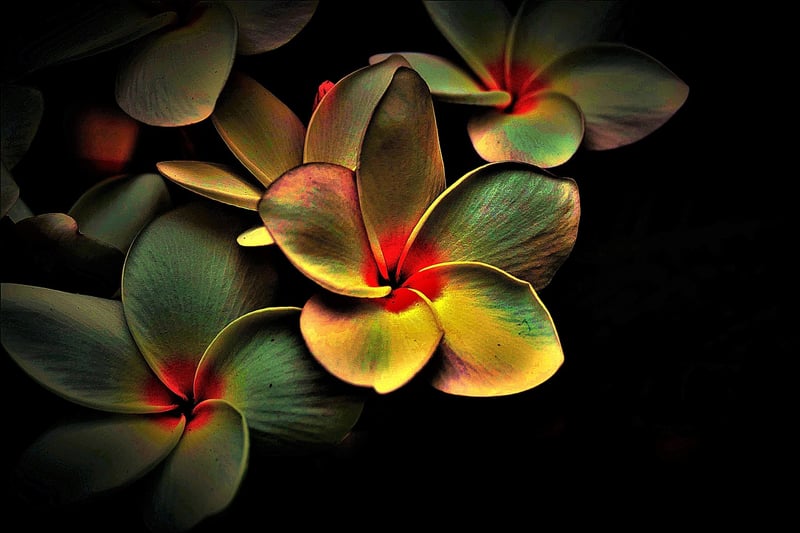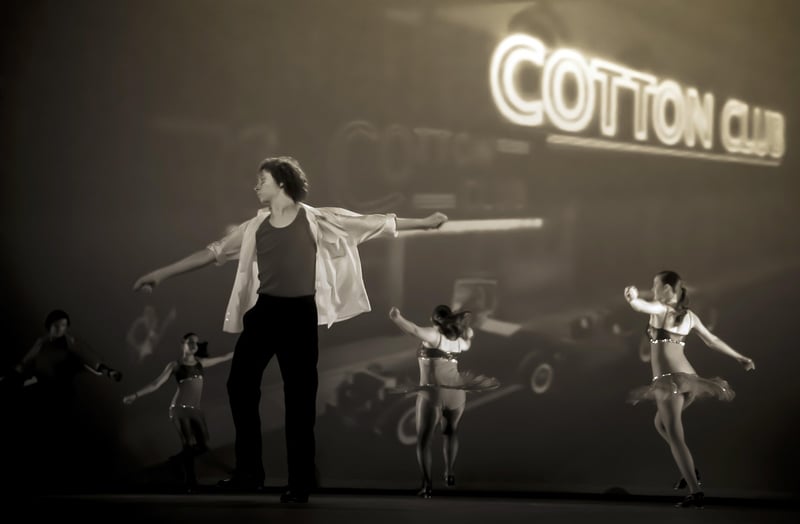Roaring Twenties
Exploring Historic Eras: The Roaring Twenties

The Roaring Twenties: A Time of Change and Innovation
The Roaring Twenties, also known as the Jazz Age, was a remarkable period in American history marked by significant cultural, social, and economic changes. This era, spanning from 1920 to 1929, was characterized by economic prosperity, technological advancements, and a newfound sense of freedom and liberation.
Key Events and Trends
1. Economic Boom
The 1920s saw a period of economic prosperity following the end of World War I. The stock market soared, consumerism thrived, and new industries emerged, leading to a rise in wealth and standards of living.
2. Social Changes
Women's rights and freedoms expanded during this time, with the passage of the 19th Amendment granting women the right to vote. The era also witnessed a shift towards more liberal attitudes, especially in urban areas.
3. Cultural Revolution
The Roaring Twenties was a time of cultural revolution, with the rise of jazz music, flapper fashion, and the Harlem Renaissance. Art, literature, and music flourished, reflecting the vibrancy and energy of the decade.
4. Prohibition and Speakeasies
The prohibition of alcohol led to the rise of illegal speakeasies, where people gathered to drink and socialize. This underground culture became synonymous with the rebellious spirit of the era.
Legacy and Impact
The Roaring Twenties left a lasting impact on American society and culture. It was a time of innovation, creativity, and social change that set the stage for future developments in the arts, music, and fashion.
Exploring the Roaring Twenties provides a fascinating glimpse into a dynamic era that continues to captivate historians and enthusiasts alike.
For more information on this exciting period in history, visit History.com's Roaring Twenties.
